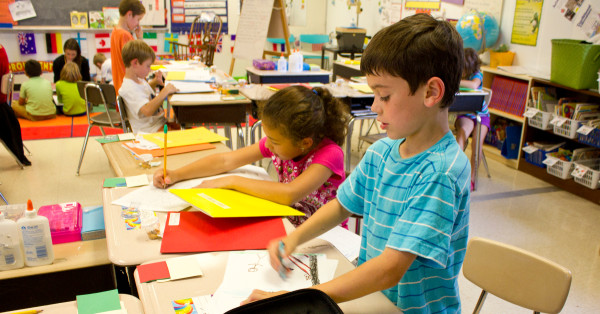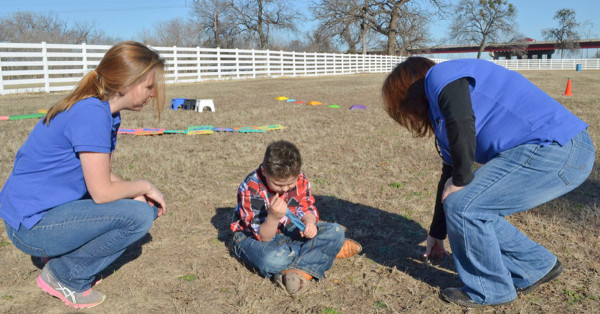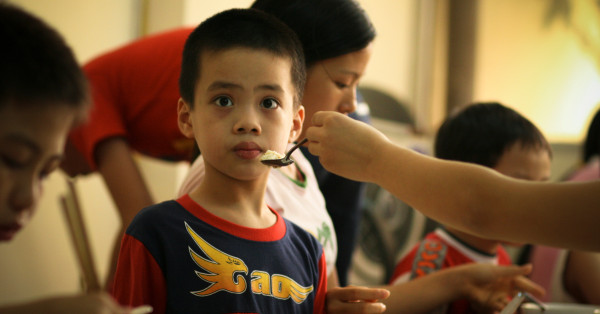
Pros and Cons of Mainstream and Special Education Settings for Children with Autism
If you’re a parent, you want your child to have the best possible education, whether they are neurotypical or on the autism spectrum. Specialized schools with a particular focus on autism offer a unique educational experience that many families find attractive. However, many public schools are evolving the ways they educate kids on the spectrum, mainstreaming them into traditional classrooms with personalized support rather than confining these pupils to special education programs. These options leave parents with a difficult choice, as they both have positive and negative aspects. If you are struggling to make a decision, here are some of the pros and cons of both school systems.

Mainstreaming Pros
Public schools offer a diverse environment for children with ASD, allowing them to engage with neurotypical children and others on the spectrum. This is especially true in schools where students with autism are mainstreamed into traditional classrooms. They receive instruction alongside a wide range of students, usually from general education teachers. Proponents assert that this daily interaction teaches valuable socialization skills, preparing kids for the real world.
Financial considerations can also make traditional school systems a more suitable option for some families. Under federal law, every child is entitled to a free public education. For parents who cannot afford specialized schools, mainstreaming offers an affordable alternative.
Mainstreaming Cons

Mainstreaming does have some potential negative consequences, according to Global Post. Unless special education teachers are assigned to the classrooms where children with autism are taught, there is rarely an instructor present that is specifically trained to handle the challenges of the condition. Additionally, general education classes typically include a larger number of students. The teacher may not have the time to give students the level of attention and instruction that is needed for success (that’s true for neurotypical children, too!).
In some school systems, mainstream education does not have special education programs, and in those situations, general education teachers might not be adequately trained to handle the challenges of autism. Kids in those situations may face unrealistic expectations.
Specialized School Pros
In specialized schools for autism, children with ASD attend school solely with other children on the spectrum. Instructors are specifically taught to handle the challenges of autism and often employ nontraditional teaching methods to encourage learning and development. Proponents of these schools say that they feel more welcoming than the public school system, according to National Public Radio. These proponents also compliment the level of patience and empathy that is found in these schools and praise the innovative methods that are rarely found in a public school setting. Autism schools often utilize specialized educational methods such as Applied Behavior Analysis (ABA) and DIR/Floortime in the classroom.

Specialized School Cons
Opponents of specialized autism schools such as TheBestSchools.org assert that such a monolithic environment does not prepare children to develop adequate coping skills to deal with the outside world. Because they only interact with other children with ASD, as well as staff members who make a concerted effort to meet their needs, these children may be unprepared for the real world. When the children become adults, they often face a society that neither understands their condition nor makes many accommodations for it, sadly. By attending specialized autism schools, it is possible that these children may not learn the skills they will need later in life.
Public school mainstreaming and specialized autism schools both come with positives and setbacks for the education and development of children with autism. By determining what your child needs most, you can make an informed decision about the best school for him or her.